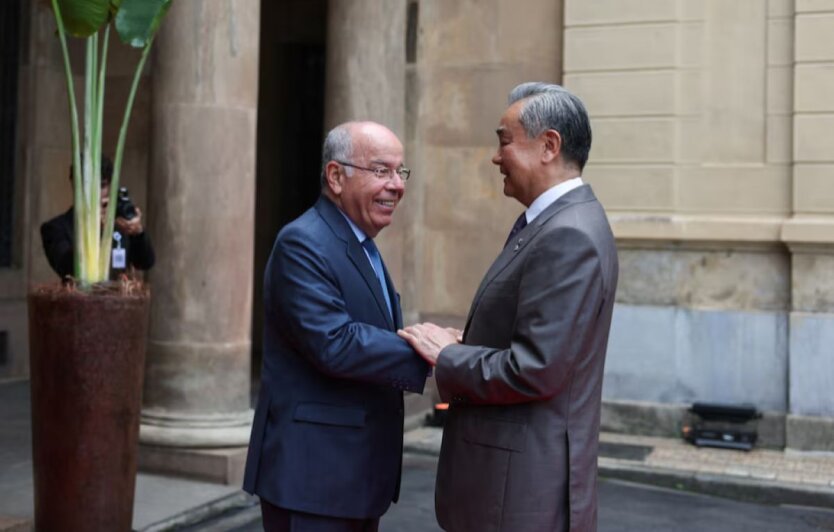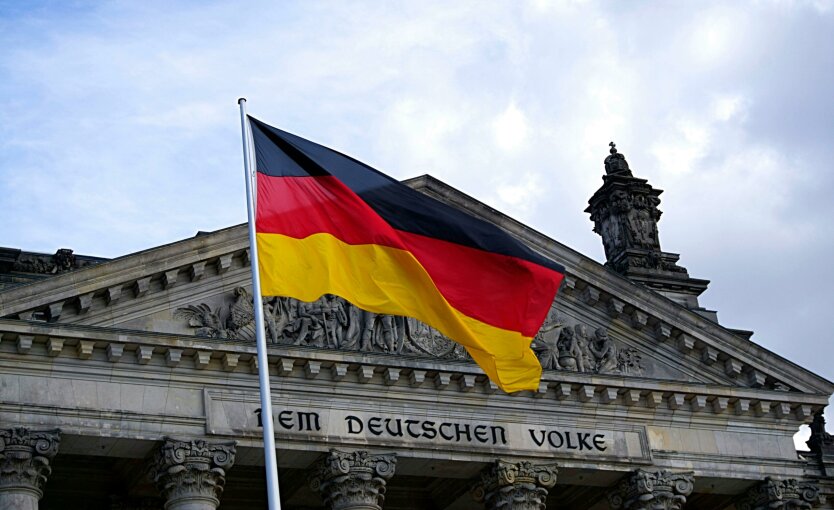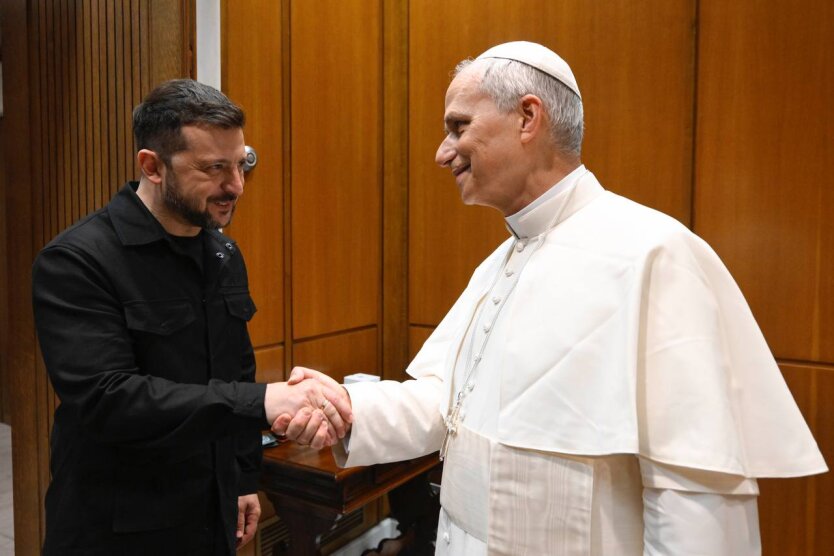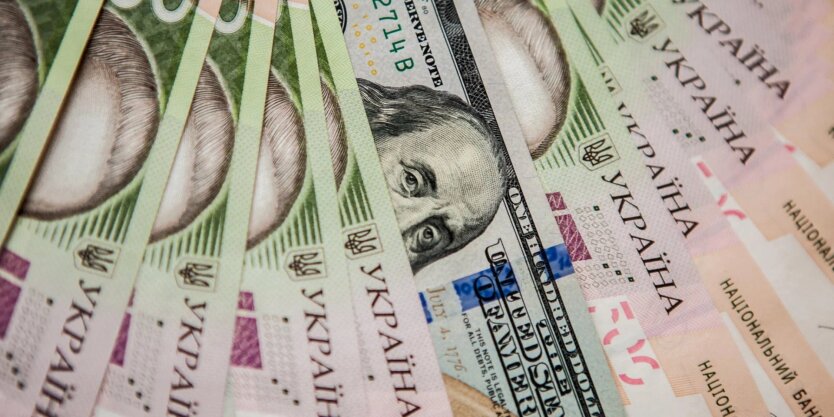China and other BRICS countries prepare a joint response to Trump's trade tariffs.


Foreign ministers of BRICS countries met in Rio de Janeiro to discuss the protection of the trading system and response to U.S. tariffs
The foreign ministers of the BRICS group gathered to discuss a joint defense of the global trading system and the coordination of a response to new tariffs imposed by U.S. President Donald Trump.
The meeting in Rio de Janeiro is expected to result in a joint statement criticizing 'unilateral actions' in trade by BRICS, which includes Brazil, Russia, India, China, and South Africa, as well as six new countries that recently joined, Reuters reported.
“The ministers are negotiating a declaration that will reaffirm the central role... of multilateral trade negotiations as the main axis of action in trade”, — said Brazilian ambassador Maurício Lirio. “They will reaffirm their criticism of unilateral actions of any origin, which has long been the position of the BRICS countries”.
The BRICS group, which welcomed Egypt, Saudi Arabia, the United Arab Emirates, Ethiopia, Indonesia, and Iran last year, faces serious challenges due to U.S. trade actions.
China, which has been hit with a 145% tariff on export goods by the U.S., insisted on a stronger tone in the communiqué, but according to a source familiar with the negotiations, the final text will be critical but not confrontational.
Overall, the BRICS group has received criticism from Trump, who threatened to impose an additional 100% tariff if the bloc continues to push for a single currency to replace the dollar in trade relations.
Brazil has already abandoned the idea of a common currency during its presidency of BRICS, Reuters reported in February, although its agenda may aid in reducing dependence on the U.S. dollar in global trade.
With the UN Climate Summit hosted by Brazil in November, BRICS ministers will also discuss a joint position on financing climate issues, which is a key priority for the Brazilian presidency.
“Reviewing which countries should pay for the energy transition and which countries can voluntarily also finance it is not a priority issue on the agenda. It is absolutely fundamental”, — Lirio stated.
“Financial responsibilities for combating climate change and the energy transition in developing countries are placed on rich countries”, — he added.
Read also
- Scandal in Germany: Nearly one billion euros 'disappeared' from aid for Ukraine, - Bild
- In Ukraine, the age of drivers has been restricted: who is now not allowed to drive
- The General Staff confirmed the successful operation of the GUR MO on military facilities in the Bryansk region
- Monobank simplifies transfers in dollars and euros: who can now receive money in foreign currency
- Pope Francis called the war in Ukraine absurd and called for a just peace
- In Ukraine, a popular banknote will be withdrawn from circulation: what will it be replaced with










